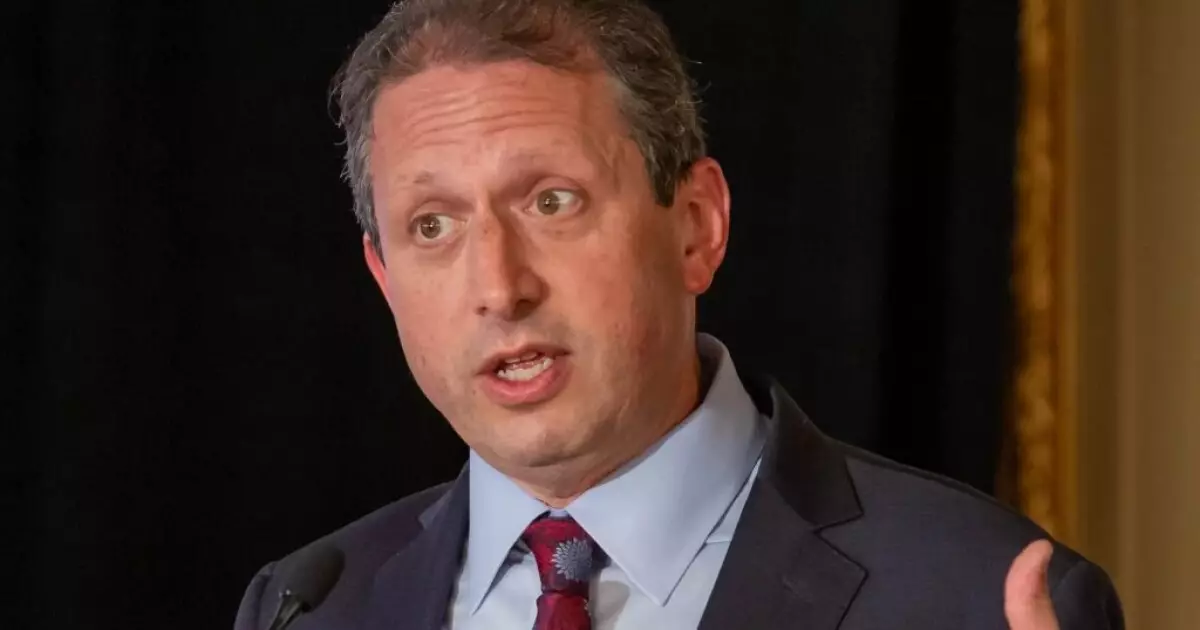Recent developments in New York City’s financial governance signal a transformative approach to investment strategies, particularly concerning climate risks. In a bold stance against fossil fuel investments, City Comptroller Brad Lander has championed an initiative that excludes fossil fuel infrastructure from city pension funds. This decision aligns the city with a growing global movement recognizing that climate change presents not just environmental challenges but also significant financial risks. By proposing these changes, New York City sets a precedent for pension funds across the United States, urging a re-evaluation of investment priorities in light of emerging climate realities.
The three primary pension funds affected—New York City Employees’ Retirement System (NYCERS), the Teachers’ Retirement System (TRS), and the Board of Education Retirement System—collectively manage an impressive $285 billion in assets. These funds not only deal with public employee pensions but also wield significant influence in the investment community. Lander emphasized the importance of treating climate risk as fundamentally intertwined with financial risk, asserting that these funds have a responsibility to take a “systemic risk lens” on their portfolios. This shift towards sustainability is part of a larger trend among institutional investors recognizing that unchecked climate change could jeopardize long-term investment returns.
In a commitment to environmental responsibility, New York City pension funds have already acted by divesting from fossil fuel reserve owners within their public equities portfolio in 2022. The recent policy proposal seeks to expand this commitment to exclude midstream and downstream fossil fuel infrastructure from private market investments. While pension funds currently retain existing investments in fossil fuel infrastructure, Lander’s office acknowledges that immediate divestment is impractical. However, the details regarding their current holdings in these investments remain undetermined, as the Bureau of Asset Management prepares for further research and analysis.
Importantly, the funds have already embarked on a shift towards “energy and climate solutions,” allocating a cumulative $11 billion towards this initiative as part of their net-zero emissions strategy. This amount represents a nearly threefold increase compared to pre-2021 investments in fossil fuel reserve owners. These pre-emptive measures indicate a growing awareness of the necessity to pivot towards sustainable investment avenues in the face of evolving market dynamics.
A Broader Vision Beyond Fossil Fuels
Lander’s proposal transcends mere exclusion of fossil fuels; it embodies a broader vision of responsible investing that incorporates social and environmental considerations. Under Lander’s administration, the pension funds have also pursued other critical policies, such as investing in affordable housing and divesting from private prison systems. This holistic approach underscores the significance of integrating ethical considerations into financial decision-making processes. It highlights a recognition that investors can no longer afford to overlook the social implications of their investments.
Moreover, the ongoing pressures from Republican-led states, which impose punitive measures against businesses that withdraw from fossil fuel industries, contrast sharply with New York City’s proactive stance. By adopting a firm policy on fossil fuel investments, Lander suggests that the city is becoming a challenging yet constructive partner for private equity and infrastructure funds, affirming its dedication to sustainable growth rather than short-sighted gains.
New York City’s Comptroller Brad Lander is steering the conversation around pension investments in a new direction. This bold initiative not only highlights the urgent need to address climate risks but also sets a national precedent for how institutional investors can lead efforts towards sustainability. The city’s actions represent a commitment to responsibly managing retirement funds in alignment with contemporary environmental standards while positively influencing the broader investment landscape. With the proposal slated for discussion by the funds’ trustees in early 2025, the potential for New York City to set a benchmark for pension funds across the nation is on the horizon. The road ahead will undoubtedly be more complex, yet the foundation laid by these transformative policies has the potential to pave the way for a greener, financially sound future.


Leave a Reply